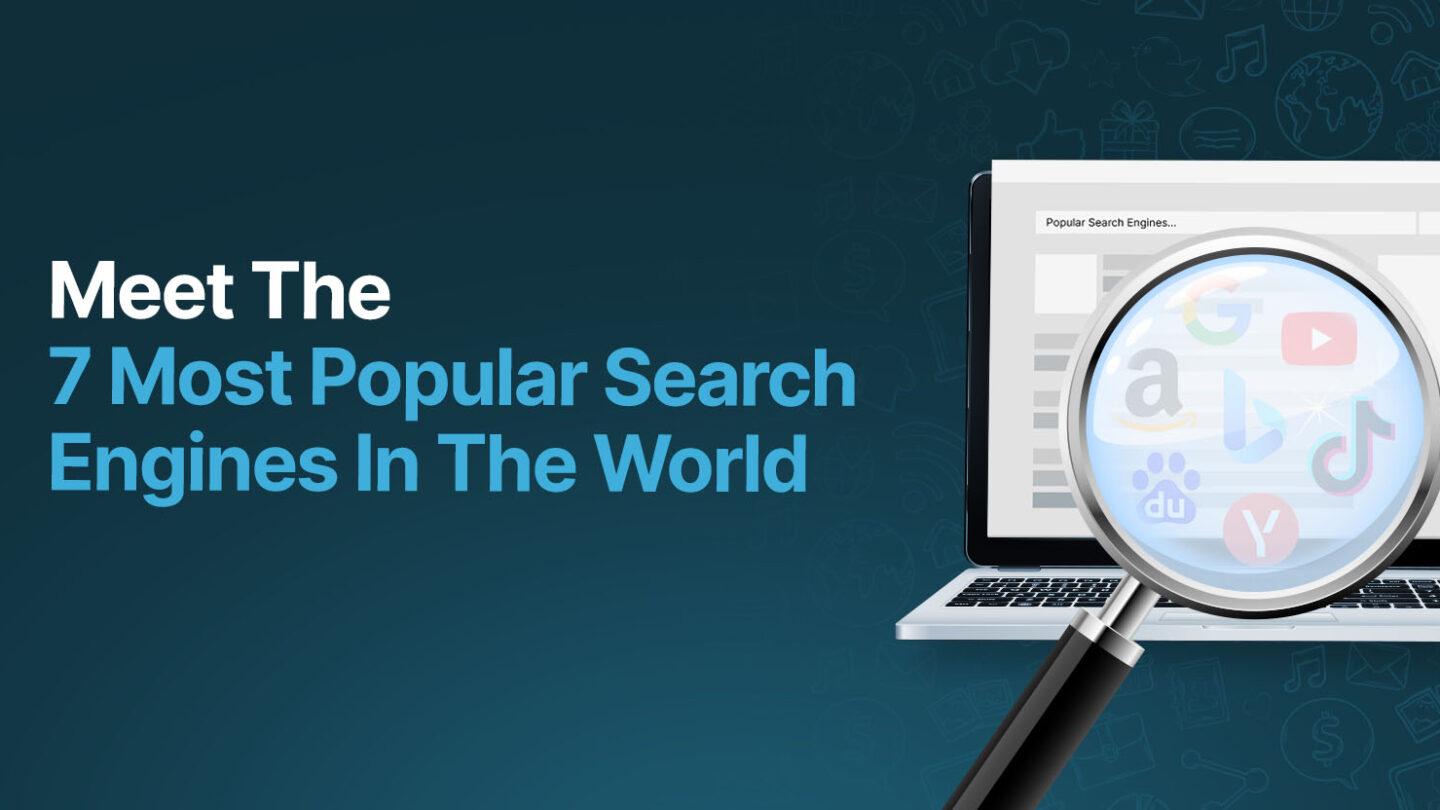
Why Is Gathering Information Online Using A Search Engine Useful

Why Is Gathering Information Online Using A Search Engine Useful?
In today’s fast-paced digital world, gathering information online using a search engine has become an essential skill. Whether you’re a student, professional, entrepreneur, or simply curious, search engines like Google, Bing, and DuckDuckGo provide instant access to a vast repository of knowledge. This article explores why using a search engine is so useful, highlighting the major benefits and offering practical tips to maximize your research efficiency.
The Power of Search Engines: Unlocking Instant Access to Information
Search engines aggregate billions of web pages, documents, images, videos, and more, making them readily accessible with just a few keystrokes. Unlike traditional offline methods, such as searching through physical encyclopedias or visiting libraries, search engines deliver results in real-time. This instant access saves time and makes it easier than ever to gather accurate, up-to-date information on almost any topic.
Key Features That Make Search Engines Useful
- Speed: Retrieve information within seconds, no matter how complex the query.
- Wide Scope: Access diverse sources including news, research papers, blogs, videos, and forums.
- User-Friendly Interfaces: Advanced filters and suggestions help narrow down search results easily.
- Personalization: Search algorithms tailor results based on user preferences and location.
Benefits of Gathering Information Online Using a Search Engine
Using search engines for information gathering offers multiple advantages that boost productivity and enhance learning experiences. Below is a detailed list of key benefits:
- Convenient and Accessible 24/7: Unlike physical libraries or experts, search engines are always available, allowing you to research whenever it suits you.
- Comprehensive and Diverse Information: Online searches pull from multiple perspectives – academic, professional, or popular – ensuring a well-rounded understanding.
- Cost-Effective: Most online information is free or low-cost, reducing the need for paid subscriptions or expensive books.
- Up-to-Date Content: The internet is continuously updated, so you access the most recent facts, trends, and developments.
- Customizable Search Tools: Boolean operators, advanced search settings, and keyword suggestions help refine results to better match your needs.
Search Engine Benefits Summary
| Benefit | Description | Example |
|---|---|---|
| Quick Access | Get answers within seconds. | Finding scientific data for a school project. |
| Diverse Sources | Access blogs, journals, videos, and news. | Reading multiple viewpoints on climate change. |
| Free Resources | Many articles and tutorials at no cost. | Learning a new programming language from free guides. |
| Advanced Filters | Refine results by date, location, or type. | Searching latest articles within past year only. |
Practical Tips to Maximize Your Search Engine Research
To fully leverage the power of search engines and gather high-quality information efficiently, consider these practical elements:
1. Use Specific and Relevant Keywords
Choose words and phrases that directly relate to your topic. Instead of searching “dogs”, try “best dog breeds for apartments” for more focused results.
2. Utilize Boolean Operators
Combine keywords with operators like AND, OR, and NOT to filter results more effectively. For example, “digital marketing AND SEO NOT paid ads”.
3. Take Advantage of Search Filters
Refine your search by date, region, content type (images, videos, news), or domain (.edu, .gov) to get trusted and relevant resources.
4. Evaluate the Credibility of Sources
Check the author’s credentials, website reputation, and publication date to ensure the information is reliable and current.
5. Use Multiple Search Engines
Don’t just stick to Google; try alternative search engines like Bing, Yahoo, or specialized academic search engines such as Google Scholar for comprehensive research.
Case Study: How Search Engines Transformed My Research Process
As a content writer, I often need to research a wide range of topics quickly and accurately. Previously, this involved hours of poring over physical books and academic journals. Since embracing search engines as my primary research tool, my productivity has skyrocketed.
For instance, when I worked on a deep-dive article about sustainable living, I was able to locate dozens of credible sources online – from government websites to recent studies – in just under an hour. The ability to quickly switch between sources, fact-check information on the spot, and incorporate multimedia elements made my writing richer and more engaging.
Why Search Engines Will Remain Central to Information Gathering
With ongoing advancements in AI, voice search, and machine learning, search engines are becoming smarter and more intuitive. They are evolving beyond simple keyword matching to understanding user intent, context, and preferences. This means gathering information online will only become faster, more personalized, and more accurate in the future.
In addition, the ever-expanding digital universe ensures a growing database of content for search engines to index, making them indispensable tools for knowledge acquisition.
Conclusion
Gathering information online using a search engine is an incredibly useful practice that combines speed, convenience, and access to vast information resources. Whether you are conducting academic research, solving work-related problems, or exploring new hobbies, search engines empower you to find relevant, high-quality data efficiently.
By applying practical search strategies and critically evaluating sources, users can optimize their online research process and make well-informed decisions. As technology progresses, harnessing the power of search engines will remain essential for anyone looking to stay informed and connected in the digital age.






